Responding to issues raised by delegates, Minister of Finance Nguyen Van Thang emphasized that in the coming time, we will strive to spend 60% of the annual budget on development investment.

Unblocking and effectively using public investment capital
One of the issues that delegates are currently concerned about is the disbursement of public investment capital to contribute to promoting economic growth of 8% or more in 2025. The solution proposed by the Ministry of Finance is to focus on clearing and effectively using public investment capital resources with the goal of striving for 100% disbursement.
However, delegate Tran Kim Yen (Ho Chi Minh City Delegation) asked, despite great efforts, the disbursement rate is still low, so what is the solution to this problem?

Minister of Finance Nguyen Van Thang said that in the first 5 months of the year, the Government and the Prime Minister issued many dispatches and held meetings to promptly direct the acceleration of public investment disbursement. The results achieved compared to the same period last year were higher, with disbursement reaching approximately VND 200 trillion, a rate of 24.1% of the plan (the same period in 2024 was nearly 22%). Notably, all key national projects have achieved and exceeded the set schedule.
Minister Nguyen Van Thang said that currently, we aim to disburse 100% of public investment capital to contribute to the economic growth target of over 8%. This is a very challenging target.
Minister Nguyen Van Thang proposed three solutions. First, focus on removing legal obstacles in implementing public investment in the fields of land, construction, planning and administrative procedures. The Government has submitted to the National Assembly a proposal to amend the Law on Public Investment in the direction of greater decentralization and delegation of power; the Prime Minister also assigned responsibilities to each ministry, agency and locality to remove related difficulties and obstacles.
The second is to determine the level of completion of the task of disbursing public investment capital in 2025 for collectives and individuals.
Third is to continue to promote the activities of working groups and steering committees to review and remove difficulties and obstacles, especially for key projects.
Budget capital is seed capital to activate other capital sources.
Responding to the question of delegate Doan Thi Thanh Mai (Hung Yen delegation) about solutions to mobilize social investment capital to serve the country's economic development, Minister Nguyen Van Thang said that according to the growth scenario forecast for the period 2026-2030, the demand for development investment is very large, accounting for about 40% of GDP and the annual investment growth is about 17-20%. This is a very high number, because currently, investment sources only account for about 30-33% of GDP.
To promote the mobilization of social investment capital, in the coming time, the Minister said that he will strive to allocate the maximum budget for development investment, with the goal of allocating 60% of the annual budget for development investment. Along with that, there will be breakthrough and diverse solutions to attract maximum investment capital from private enterprises, state-owned enterprises, FDI, ODA capital and capital from the people.
The view is that the budget capital is the seed capital to activate other capital sources. “Any construction or project that enterprises can participate in is prioritized and state capital is only supportive, except for security and defense projects,” Minister Nguyen Van Thang emphasized.

Also related to this content, delegate Tran Van Tuan (Bac Giang delegation) raised the fact that currently, the Government is implementing many large-scale transport infrastructure projects but the budget is limited, is there a risk of creating a budget burden?
Going straight to the issue raised by the delegates, Minister Nguyen Van Thang said that the Government is very determined to develop transport infrastructure nationwide. Right from the beginning of the term, the Government submitted to the National Assembly the goal of building 3,000km of expressways. This is a very difficult task because the budget is limited. However, we are controlling public debt and government debt very well, at about 33% of GDP - this figure is very low and safe. Currently, the projects being implemented are specifically calculated, which projects use the budget, which projects borrow, when borrowing, the effectiveness of the project is specifically calculated.
“The important issue is whether the project operates effectively. If it does, it is like doing business and borrowing from banks. That way, we will have enough to eat and save, still be able to pay off debts, and still have infrastructure to contribute to the country’s socio-economic development. Therefore, delegates are very confident about the public debt issue,” the Minister expressed.
Emphasizing this issue, Minister Nguyen Van Thang said: “If we want to develop, there is no other way but to use leverage to mobilize all capital sources from borrowing, from the people, mobilizing ODA capital, international financial organizations to develop the economy. We do not borrow, which means we have to do business with whatever money we have, without leverage there is no high growth. Growth must bring efficiency, jobs, and increase budget revenue for the State.”
Improve consumer confidence

Meanwhile, delegate Trieu The Hung (Hai Duong delegation) is interested in solutions to promote domestic consumption.
Responding to this issue, Minister Nguyen Van Thang emphasized that domestic consumption is a very important growth driver and needs to be strongly promoted in 2025 and in the 2026-2030 period to contribute to the country's economic growth together with other drivers.
Currently, consumption has returned to a growth rate equivalent to the period before the Covid-19 pandemic. In the first 5 months of this year, the consumption sector increased by 9.7%, but compared to the set scenario, it has not reached (the scenario is 12% or more). Therefore, to promote consumption growth, it is necessary to comprehensively implement and combine fiscal and monetary policies, while improving consumer confidence and developing an effective distribution system.

Minister Nguyen Van Thang proposed the first solution is to strongly fight against counterfeit, fake and poor quality goods to strengthen consumer confidence.
The second is to stabilize the macro economy, control inflation and exchange rates, so that people limit hoarding and increase the stability of domestic commodity prices, especially during holidays, Tet and tourist seasons.
Third is to increase people's income, continue to adjust public sector wages, minimum wages, and basic wages in line with productivity and inflation; implement good social security policies, unemployment insurance, and subsidies so that people can spend with peace of mind; adjust personal income tax to reduce the burden on middle- and low-income earners.
Fourthly, promote business models on e-commerce and digital platforms, encourage online spending, boost consumer loans, low-interest loans; stimulate domestic tourism during holidays and Tet, attract foreign tourists; develop rural consumer markets, remote areas...
Source: https://hanoimoi.vn/bo-truong-nguyen-van-thang-phan-dau-danh-60-ngan-sach-hang-nam-cho-dau-tu-phat-trien-706062.html


![[Photo] "Ship graveyard" on Xuan Dai Bay](https://vphoto.vietnam.vn/thumb/1200x675/vietnam/resource/IMAGE/2025/11/08/1762577162805_ndo_br_tb5-jpg.webp)





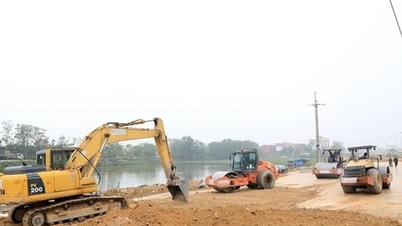
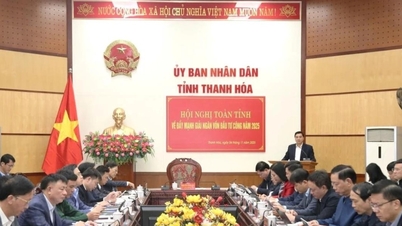

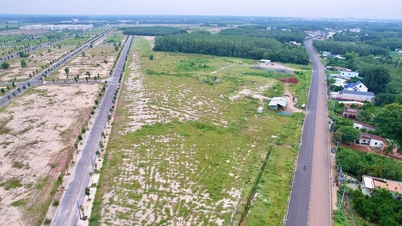


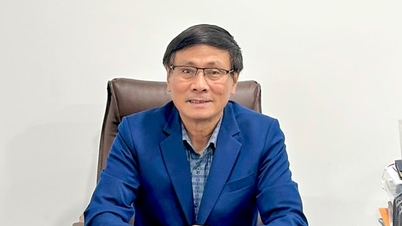
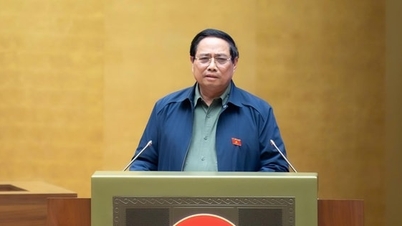








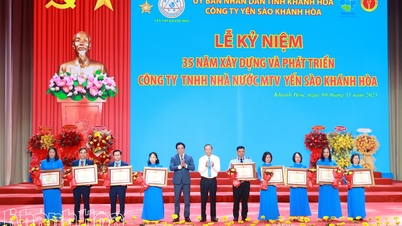







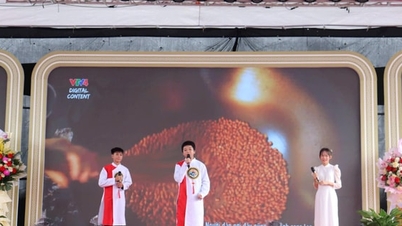


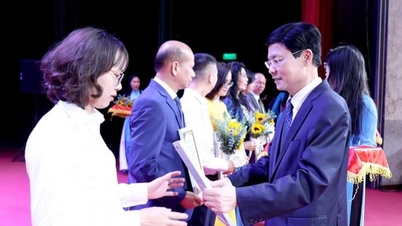






![[Video] Hue Monuments reopen to welcome visitors](https://vphoto.vietnam.vn/thumb/402x226/vietnam/resource/IMAGE/2025/11/05/1762301089171_dung01-05-43-09still013-jpg.webp)





















































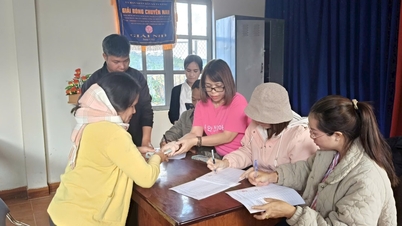

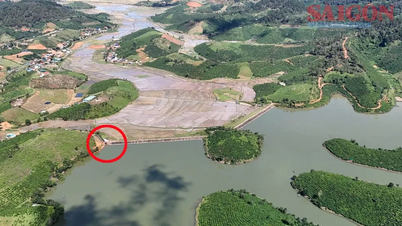
















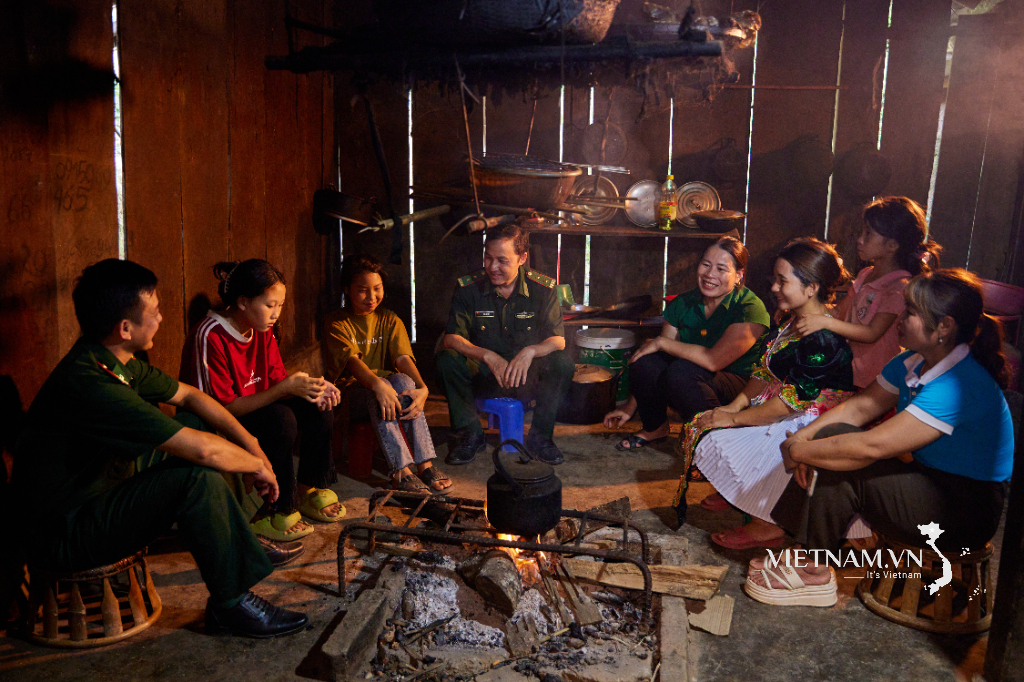
Comment (0)